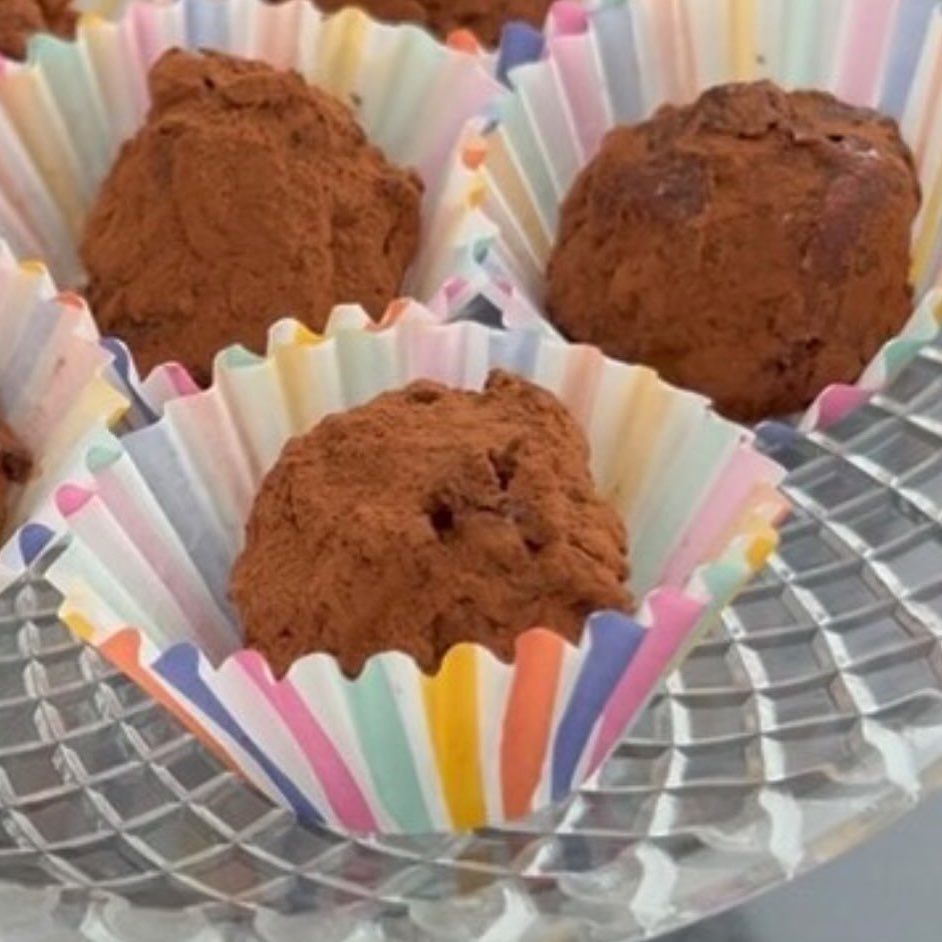For a long period of time fat and cholesterol have been targetted as the biggest villains when it comes to food. People have avoided fat and cholesterol-rich items and have opted for a low-fat option hoping that this will better their health and will make them lose weight. This is all because of the misconception that eating high-fat foods may increase your risk of various heart diseases. Guess what? It wasn’t all true! Keep in mind that fat is an essential part of your diet, but some kinds are healthier than others.
In today’s article, we will discuss the types of fats, some myths about dietary fats and cholesterol, and why we recommend adding MCTs to your daily nutrition.
Types of fat
Before we dig into the types of fat, we want to talk about what dietary fat is. Dietary fat comes from food. The body breaks down dietary fats into parts called fatty acids that can enter the bloodstream. Our body uses fatty acids to make the fats that it needs. Fats play an important role in how all cells in the body are made and work.
However, not all dietary fat is created equal, some of them are essential while some of them increase the risk of disease, and some of them help prevent disease.
Basically, there are 2 main types of dietary fats:
- Saturated fats. Saturated fats are usually solid at room temperature. The most common sources of saturated fats are meats and dairy products. These types of fats tend to raise levels of “bad” cholesterol (LDL) in the blood so even though they’re not bad, it is important to consume them in moderation. A higher-than-recommended level of LDL in the bloodstream increases the risk of heart and blood vessel disease.
- Unsaturated fats. Unsaturated fats are usually liquid at room temperature. Vegetable oils, nuts, and fish have mostly unsaturated fats. There are two types of unsaturated fats: monounsaturated and polyunsaturated. Monounsaturated fats can lower LDL and raise “good” cholesterol (HDL) as well as lower triglycerides in the blood. A high level of triglycerides in the blood increases the risk of diseases of the heart and blood vessels. They also can improve the control of blood sugar levels. Polyunsaturated fats are omega-6 fatty acids and omega-3 fatty acids.
There is also another type of fat that are trans fats which are a type of fat that raises LDL and lowers HDL, so definitely avoid it as much as possible.
Myths about dietary fats and cholesterol
As we’ve mentioned previously, over the past few decades fat has been given a bad reputation and we want to prove to you that all of these are myths.
1- Fats will make me fat
There’s this belief that if you eat fat you’ll gain weight. While it’s true that eating too much of any macronutrient, including fat, can lead to weight gain, consuming fat-rich foods as part of a healthy, balanced diet does not lead to weight gain.
Fat is a healthy and essential part of a balanced diet. Adding fat to meals and snacks may facilitate weight loss or weight management by boosting feelings of fullness. Eating fat will keep you energized and nourished, but also will keep you satiated for a longer period of time while keeping those sugar cravings away. If you’re constantly craving carbs and sugar, try eating more healthy fats. Fats also play other important roles in your health.
2- Cholesterol-rich foods are unhealthy
As we know, there are two types of cholesterol: the “good” one and the “bad” one. Most people think that cholesterol-rich foods are pretty unhealthy. Yet, that is not entirely true.
It’s true that some cholesterol-rich foods such as high-sugar foods, fried foods, and ultra-processed foods are not healthy. However, there are other cholesterol-rich foods that are indeed quite healthy, such as eggs, egg yolks, full-fat meats, and full-fat dairy products. Consuming these types of food may improve your overall health.
3- High-fat foods are unhealthy
High-fat foods have got the worst reputation for the longest time, even the ones that are highly nutritious fatty food they’re cataloged as “bad food”. It’s time to change this.
Many high-fat foods are packed with minerals, vitamins, and antioxidants that can help your body and that help you stay satisfied between meals, supporting healthy body weight. Eating fat-rich foods like eggs, Funky Fat Chocs, avocados, seeds and nuts, and full-fat dairy products may help boost weight loss since it helps decrease hunger hormones and it increases the feeling of fullness for a longer period of time.
Benefits of adding MCTs to your daily diet
Most fats are made of long-chain fatty acids, like for example, Omega-3’s. MCT is short for medium-chain triglycerides. They are the most common type of fat in our bodies.
As the name suggests, they are medium-length chains of fatty acids found in oils, mainly coconut oil (60%) and palm kernel oil (50%). The MCTs we use in our Funky Fat Chocs are extracted purely from coconut oil.
These fatty acids, unlike long chains, go straight to the liver and are absorbed faster, improving mental clarity, performance, and memory. MCT oil is a dietary supplement that a lot of people use to increase their energy and support weight loss or weight management. The liver digests them more easily and converts them into ketones which are a more steady energy source than glucose and help your body feel satisfied for a longer period of time. The main benefits of adding MCT oil to your daily nutrition are the following:
- They help balance cholesterol levels by raising HDL levels and lowering LDL levels. This will automatically lower the risk of heart disease and stroke.
- Lower blood pressure. Consuming MCT oil will help widen blood vessels and reduce inflammation in arteries. Altogether can help to lower blood pressure, which will prevent heart and kidney disease as well as dementia.
- Weight loss and weight management. MCTs will help you metabolize your dietary fat quicker using it for energy instead of storing it. It will also help with the hunger hormones making you feel full and satiated for longer.
- Increased performance. Using fat as a fuel instead of glucose can help to improve endurance, muscle strength, and stamina.






Leave a comment
All comments are moderated before being published.
This site is protected by hCaptcha and the hCaptcha Privacy Policy and Terms of Service apply.